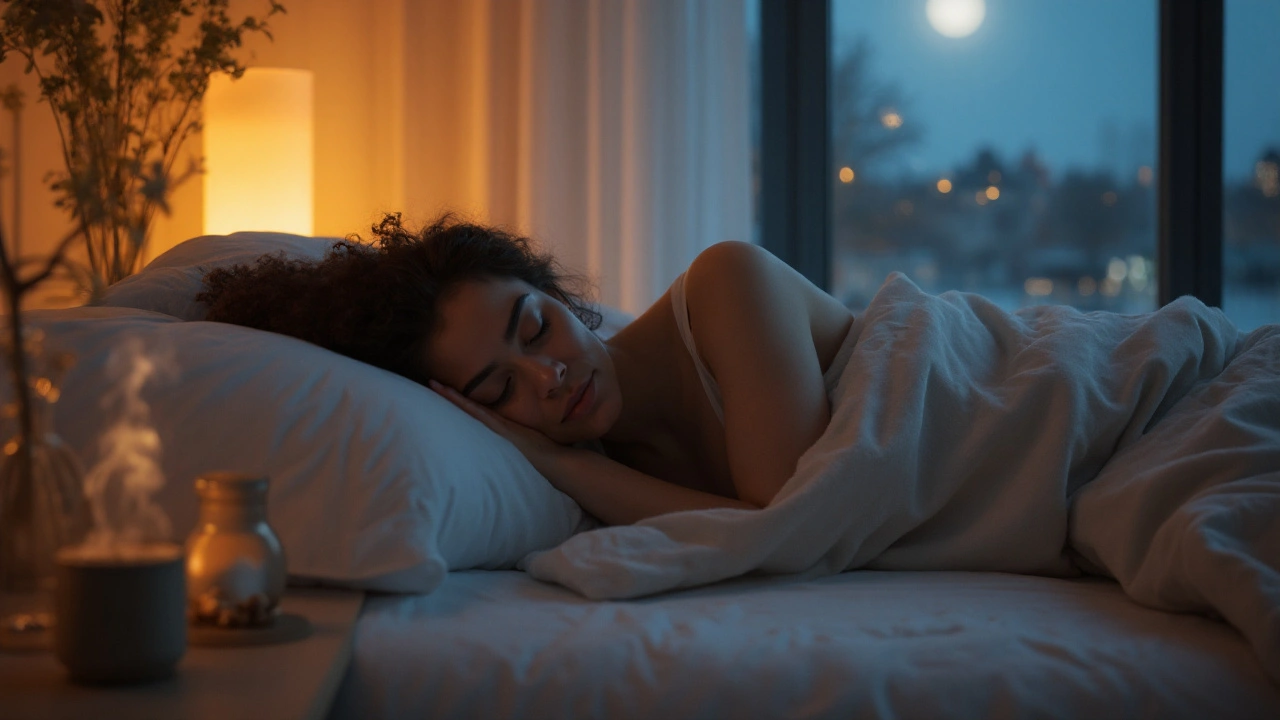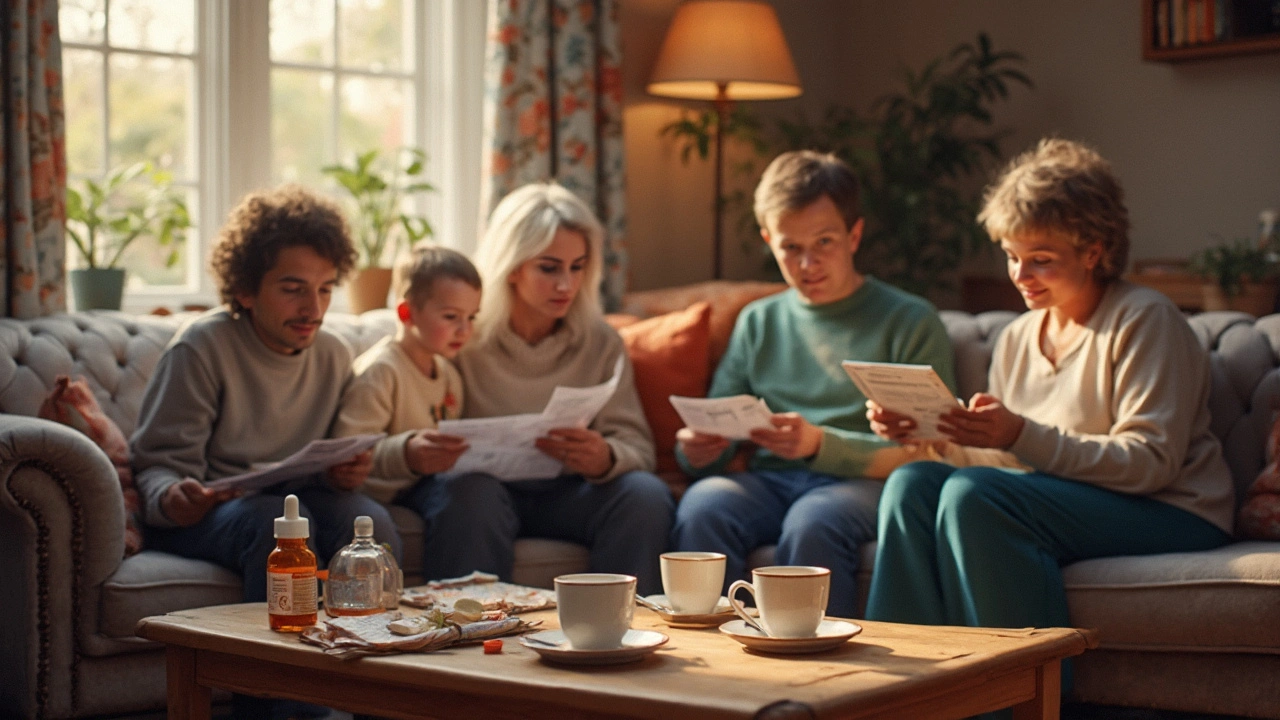If you’re scrolling through our site looking for a "sleep aid" tag, chances are you want to fall asleep faster or stay asleep longer. You’re not alone—millions of people search for simple solutions every night. Below we break down the most common sleep aids, when they’re safe to use, and what to ask your doctor before starting any new product.
The first place most folks check is the pharmacy aisle. Products like diphenhydramine (found in Benadryl) or doxylamine are antihistamines that make you drowsy. They’re cheap, but they can leave you groggy the next day if you take more than the recommended dose.
Melatonin is a hormone your body makes naturally to signal bedtime. A 0.5‑3 mg tablet taken an hour before lights out often helps reset sleep cycles, especially after jet lag or shift work. Unlike antihistamines, melatonin rarely causes morning hangovers.
If you prefer a herbal route, valerian root and chamomile teas are popular choices. They don’t have strong scientific backing, but many people report a calming effect that eases the transition to sleep. Look for products labeled “standardized extract” to get a consistent dose.
OTC options work well for occasional sleeplessness, but if you need them more than two nights a week, it’s time to see a professional. Persistent insomnia can be a sign of underlying conditions such as anxiety, depression, or sleep apnea.
A doctor can prescribe short‑acting medications like zolpidem (Ambien) for acute episodes, or longer‑acting agents if you have trouble staying asleep. They’ll also review any other medicines you take to avoid dangerous interactions—especially important if you’re already on antihistamines, antidepressants, or blood pressure drugs.
Before starting any sleep aid, write down how many hours you actually sleep, when you go to bed, and what you eat or drink in the evening. This simple log helps both you and your provider spot patterns that lifestyle changes might fix without a pill.
Remember, good sleep hygiene is the foundation of any remedy. Keep your bedroom cool, dim the lights an hour before bedtime, and limit screens to reduce blue‑light exposure. Pairing these habits with a low‑dose melatonin or a cup of herbal tea often yields better results than relying on medication alone.
Our tag page gathers articles that dive deeper into each option. From buying safe online pharmacies for prescription sleep pills to understanding how estradiol affects snoring, you’ll find practical tips and trustworthy sources throughout the site. Use the list below to jump straight to the topic that matches your need.
Start with the article that feels most relevant, then apply the advice to your nightly routine. A better night’s sleep is only a few smart choices away.

